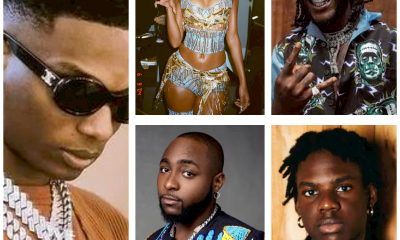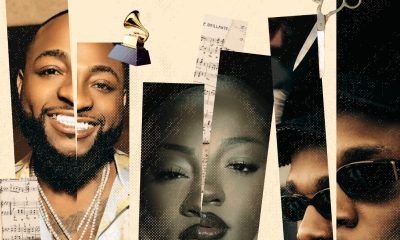Showbiz & Entertainment
The Rise of Afrobeats and the Black-on-Black Disdain It Faces

Davido (L) and Wizkid Credit: Fortune Photography
-
READ ALSO: 40 Top Rappers Who Have Gone To Jail
The Afrobeats Frenzy: A Nigerian Creation Takes Over
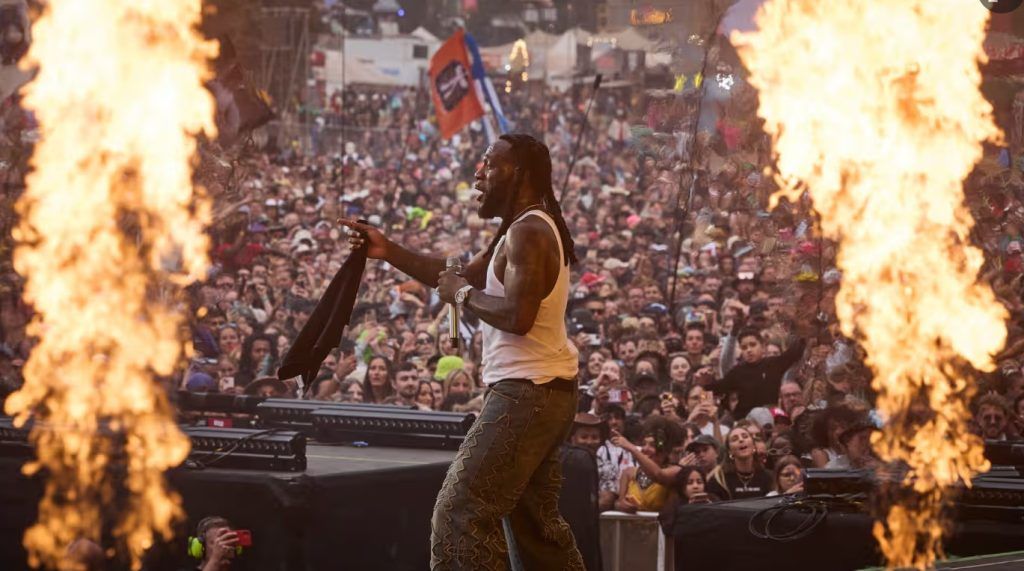
Burna Boy on the Pyramid stage. Photograph: David Levene/The Guardian
-
READ ALSO: Rappers That Have Won The Most Grammy Awards
The Jamaican Dancehall-Afrobeats Rivalry
For Jamaicans, reggae and dancehall are cultural cornerstones, beloved for their deep roots in the Black experience. So, when Afrobeats—a genre that blends Afrobeat, highlife, and sometimes Caribbean influences—suddenly starts making waves internationally, it’s easy to see why some Jamaicans feel threatened. Afrobeats’ success, particularly its dominance in the global spotlight, has led to comparisons with dancehall, a genre with a global legacy in its own right. Artists like Beenie Man, Bounty Killer, and more recently, Popcaan, have voiced their opinions that dancehall deserves more recognition. These stars argue that dancehall, with its rich history of political and cultural influence, should still be the genre at the forefront of Caribbean music.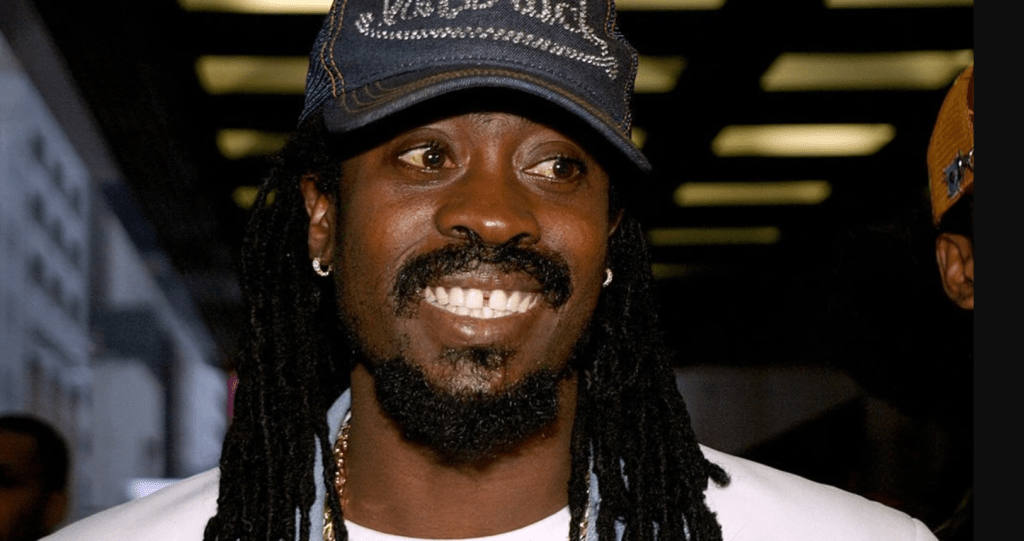
Dancehall Star, Beenie Man
African Countries: A Bizarre Ban on Nigerian Music?
It’s not just Jamaicans who are feeling the heat. Other African nations have shown clear signs of resentment towards Nigeria’s dominance of Afrobeats. Ghana, in particular, has been quite vocal in their disdain for the Nigeria’s success. In 2019, the Ghanaian government stirred the pot by reportedly considering a policy to ban Nigerian music in favor of promoting more local Ghanaian tunes. The idea was seen by many as a direct jab at Nigeria’s Afrobeats domination, a way to push Ghanaian artists into the spotlight by sidelining their Nigerian counterparts. Fast forward to 2021, and the debate heated up again when artists like Shatta Wale openly voiced their frustration with Nigerian music taking over not just Ghana’s airwaves, but the global scene too. Shatta and others felt that Nigerian music, especially Afrobeats, was hogging all the attention and overshadowing Ghanaian talent. The result? A whole lot of drama and social media posts calling for change, with some even suggesting that banning Nigerian music could be the solution.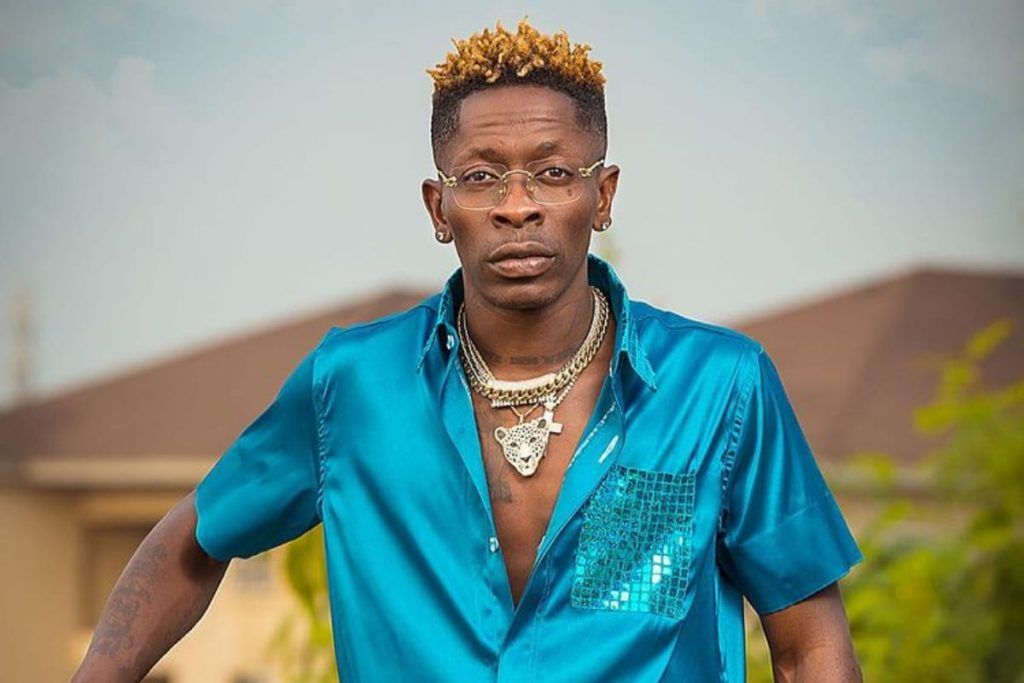
Shatta Wale openly voiced their frustration with Nigerian music taking over not just Ghana’s airwaves
African-Americans: Hip-Hop vs. Afrobeats
On the other side of the Atlantic, African-Americans, who once held the torch for Black music worldwide, also seem to have their own issues with Afrobeats. For many years, hip-hop was the dominant Black genre, shaping pop culture, social movements, and politics. However, in recent years, hip-hop seems to have been losing steam. Its top artists are no longer consistently topping charts, and in 2023, Afrobeats outpaced hip-hop in terms of global streaming numbers. For many African-Americans, this felt like a threat to their musical identity.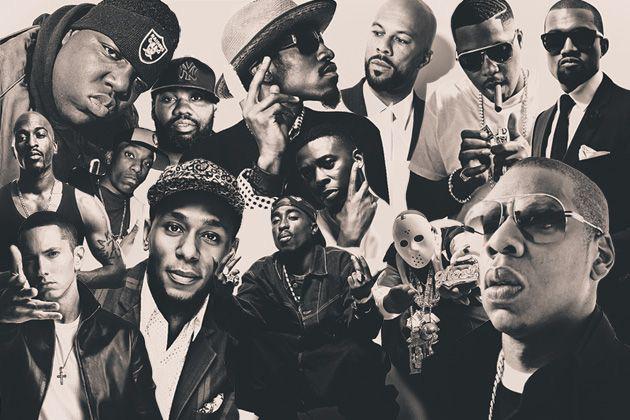 In interviews, Black American music lovers and even some artists have expressed frustration at the “Afrobeats takeover.” In 2021, an opinion piece published by The Root lamented how the rise of Afrobeats “distracts” from the significance of Black American music.
The feeling that Afrobeats’ influence was overshadowing Black American contributions to music, especially in the hip-hop space, fueled a sense of competition and sometimes resentment.
In interviews, Black American music lovers and even some artists have expressed frustration at the “Afrobeats takeover.” In 2021, an opinion piece published by The Root lamented how the rise of Afrobeats “distracts” from the significance of Black American music.
The feeling that Afrobeats’ influence was overshadowing Black American contributions to music, especially in the hip-hop space, fueled a sense of competition and sometimes resentment.
Why Does This Black-on-Black Disdain Exist?
Now, here’s the most interesting part: Why are Black people around the world seeing Afrobeats as a threat? Why is there this intra-Black rivalry? Could it be because of a shared history of racial and cultural displacement, where people within the African diaspora constantly feel the need to protect their musical and cultural identity? Or could it simply be about clinging to nostalgia and past glories? Either way, the competition has taken on an unhealthy dimension that sees Black musicians and fans pitting themselves against each other instead of celebrating the diversity of African and Black music worldwide. Interestingly, genres dominated by white artists, like pop, rock, and EDM, are not seen as competitors to Afrobeats. In fact, pop stars like Justin Bieber, Drake, Ed Sheeran and Beyonce have collaborated with Nigerian artists and embraced Afrobeats’ influence. The same can’t be said for Black communities, where the genre has been met with more scrutiny.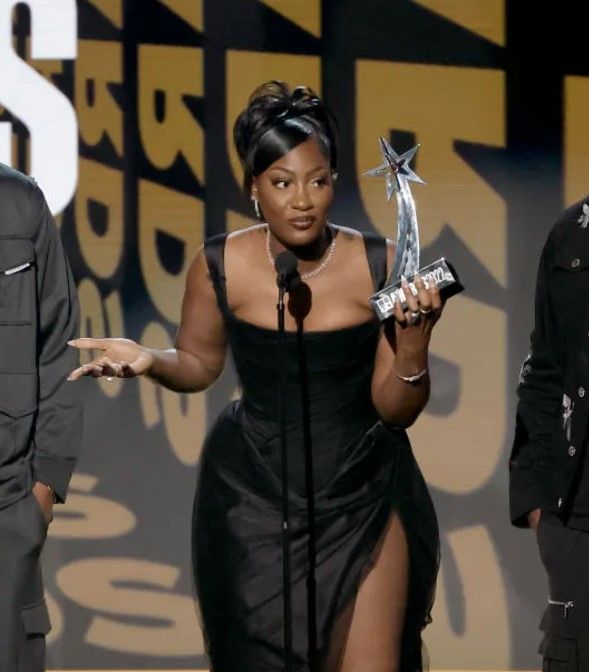
Tems wins an Award at BET Awards 2024. Credit: Kevin Winter / Getty
The Bottom Line: Music Should Unite, Not Divide
Ultimately, the rise of Afrobeats isn’t about one genre defeating another—it’s about cultural exchange, influence, and the exciting possibilities of global collaboration. The disdain many people express for Afrobeats, especially when it comes from Black people, is puzzling. Instead of feeling threatened, why not see Afrobeats as a victory for the African diaspora as a whole? After all, whether it’s Burna Boy’s Grammy-winning album, Wizkid’s Billboard hits, or the infectious rhythm of an Afrobeats song at a party, the genre has proven that it can unite global audiences. It’s about time we stopped pitting ourselves against each other and embraced the music as a testament to the power of Black culture in all its forms.-
READ ALSO: 5 Top Female Rappers That Went To Jail
Discover more from Jojo Naija
Subscribe to get the latest posts sent to your email.
Continue Reading

